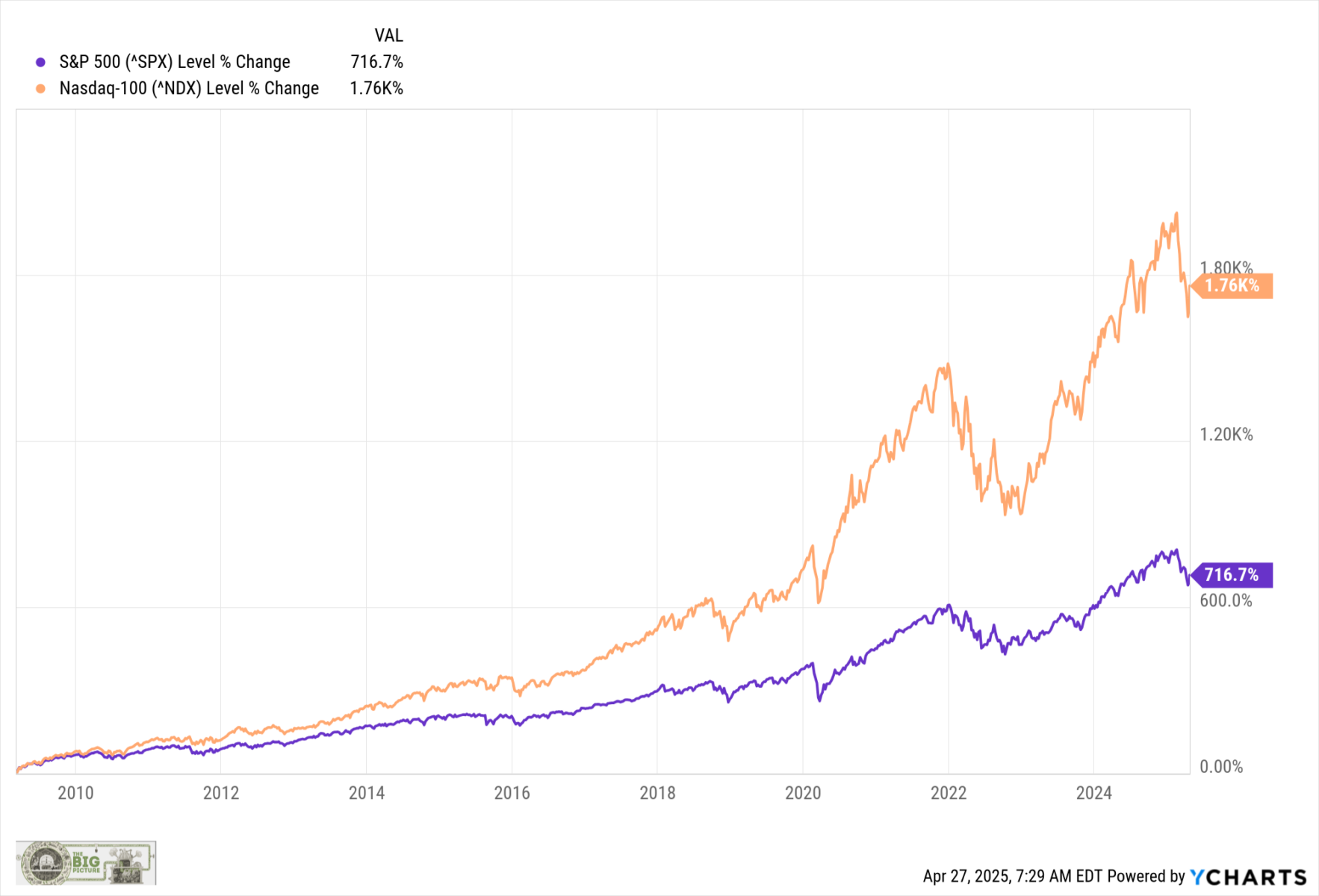UK Life Sciences Sector Faces Challenges in Attracting Venture Capital Funding

At the recent BioTrinity 2025 conference, held in London from April 1 to 2, Carmine Circelli, the director of life sciences direct and co-investments at the British Business Bank, highlighted a concerning trend: the UK life sciences sector has not improved its share of global venture capital (VC) funding over the last decade. This stagnation raises alarms about the future of the industry, which is considered crucial for innovation and economic growth. Circelli pointed out that the UK life sciences industry still has significant ground to cover compared to its global counterparts. He emphasized that negative market sentiment contributes to this situation, suggesting that many potential investors perceive the sector as risky and not as lucrative as other technology industries. This perception can deter investment, particularly because life sciences often require long-term capital, leading some investors to shy away from committing their resources. Furthermore, Circelli noted a critical issue: a lack of active fund managers in the UK who are dedicated to financing life sciences companies. This shortage could further restrict the flow of capital that is essential for fostering innovation and growth within the sector. Supporting his points, a recent survey conducted by the British Business Bank revealed that a significant 69% of 42 VC fund managers viewed the current conditions for raising new funds as “poor or very poor.” This finding underscores the need for both innovation in funding approaches and stronger governmental support to rejuvenate the sector. Mark Andrews, director of the life sciences fund at the British Business Bank, concurred with Circelli's assessment. He called for increased government support in order to enhance the UK VC landscape. The British Business Bank, established by the UK government, aims to assist small and medium-sized enterprises through a range of business advisory services and financing opportunities. Andrews stressed the importance of the British Business Bank’s Life Sciences Investment Programme, a £200 million initiative designed to bridge the growth equity finance gap that high-potential UK life sciences companies face. The goal of this program is to attract at least £400 million in additional private investment, thereby invigorating the UK life sciences sector. This initiative follows the successful launch of the £425 million “Future Fund: Breakthrough” in April 2021, which focuses on life sciences and deep tech companies engaged in research and development. Through this program, the British Business Bank invests alongside private companies in financing rounds that exceed £20 million. This approach of combining public investment with private funding is believed to mitigate risk for venture capital firms, making them more inclined to invest in the life sciences sector, according to Andrews. In terms of overall market performance, the UK's Office for National Statistics (ONS) recently reported a 14% decline in equity finance raised from 2022 to 2024. However, in a more optimistic note, the BioIndustry Association (BIA) released findings earlier this year indicating that the UK biotech sector successfully raised £3.5 billion in 2024, reflecting an impressive 94% increase compared to 2023. This growth is particularly notable in the context of venture capital, which accounted for £2.06 billion of that total—marking a 64.8% rise from the previous year. These figures suggest a potential recovery and growth trajectory, albeit amidst ongoing challenges in attracting sustained venture capital investment.











